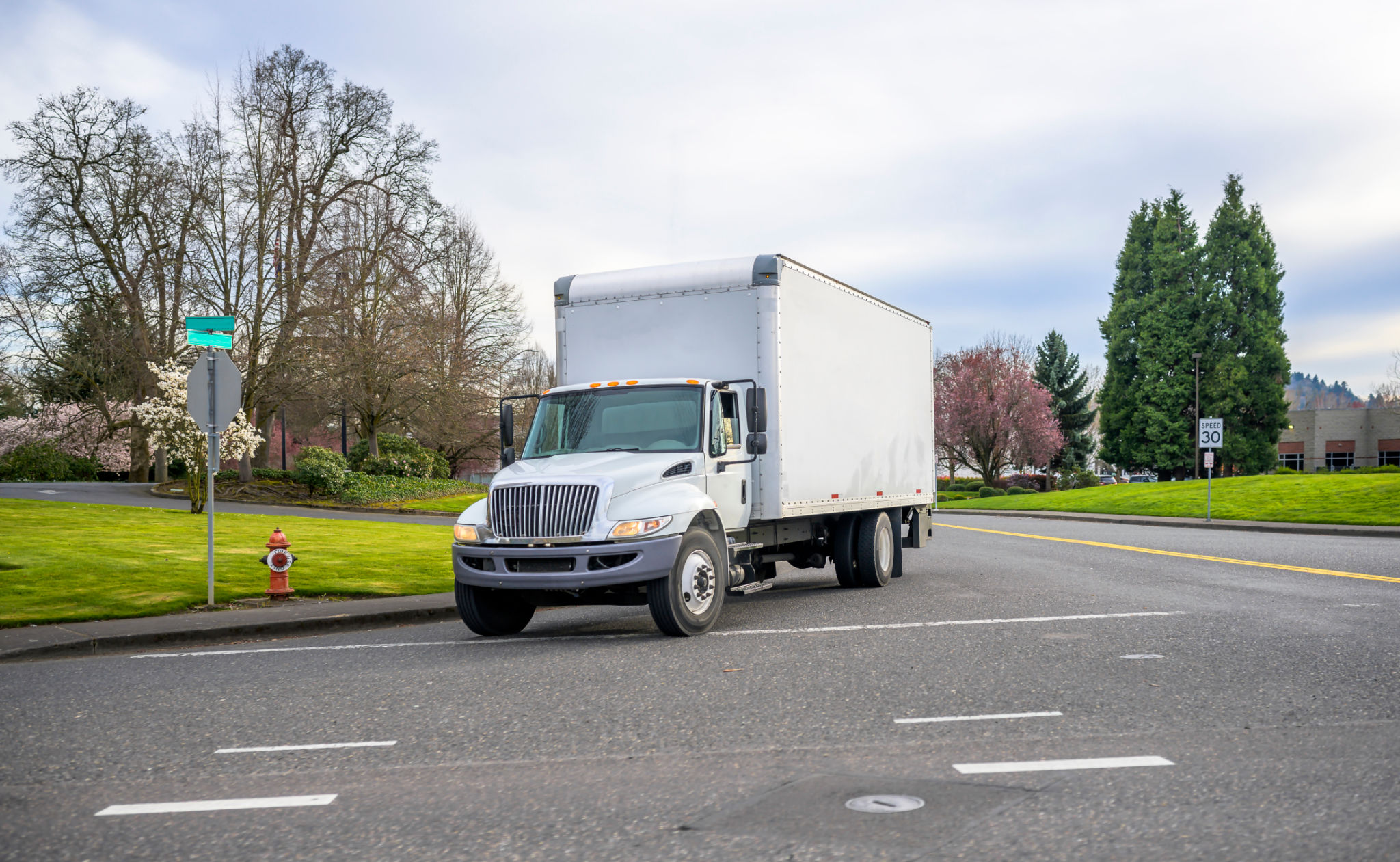The Ultimate Guide to Box Truck Dispatching: From Novice to Expert
Understanding Box Truck Dispatching
Box truck dispatching is an essential part of the logistics and transportation industry. It involves coordinating and managing the routes, schedules, and loads of box trucks to ensure efficient delivery of goods. Whether you're new to this field or looking to hone your skills, understanding the basics of dispatching is crucial.
As a box truck dispatcher, your primary responsibility is to maximize efficiency while minimizing costs. This involves careful planning, communication, and problem-solving. Let's explore the key aspects of box truck dispatching that will take you from novice to expert.

Key Responsibilities of a Box Truck Dispatcher
The role of a dispatcher extends beyond mere coordination. It requires a deep understanding of logistics and the ability to adapt to changing circumstances. Here are some core responsibilities:
- Route Planning: Determining the most efficient routes for delivery while considering factors like traffic, road conditions, and delivery windows.
- Driver Management: Assigning drivers to trucks, managing their schedules, and ensuring they adhere to regulations.
- Load Optimization: Ensuring that trucks are loaded to maximize space and weight capacity without compromising safety.
Essential Tools and Technologies
In today's digital age, technology plays a vital role in dispatching. Utilizing the right tools can significantly improve efficiency and accuracy. Some essential technologies include:
- GPS Tracking Systems: Real-time tracking of vehicles allows dispatchers to monitor progress and make adjustments as needed.
- Transportation Management Systems (TMS): These software solutions help in planning, execution, and optimization of the physical movements of goods.
- Communication Tools: Instant messaging and integrated communication platforms ensure seamless interaction between dispatchers and drivers.

Strategies for Efficient Dispatching
To become an expert dispatcher, adopting effective strategies is crucial. Here are some tactics that can enhance your dispatching efficiency:
- Proactive Planning: Anticipate potential issues such as weather disruptions or road closures and have contingency plans ready.
- Data-Driven Decisions: Utilize data analytics to assess performance metrics and optimize routes and schedules.
- Regular Training: Keep yourself updated with industry trends and provide regular training sessions for your team.
Challenges in Box Truck Dispatching
Like any other field, box truck dispatching comes with its own set of challenges. Common issues include last-minute schedule changes, traffic delays, and unexpected breakdowns. Developing strong problem-solving skills will help you navigate these hurdles effectively.

Additionally, maintaining clear communication with drivers is essential to handle emergencies efficiently. Encourage open communication channels where drivers can report issues as they arise.
The Road to Expertise
The journey from novice to expert in box truck dispatching requires dedication, learning, and adaptation. By understanding your responsibilities, leveraging technology, implementing effective strategies, and overcoming challenges, you can excel in this dynamic field.
Ultimately, successful dispatching not only benefits your company through increased efficiency and reduced costs but also improves overall customer satisfaction by ensuring timely deliveries. Start your journey today by embracing these practices and continually seeking improvement.

